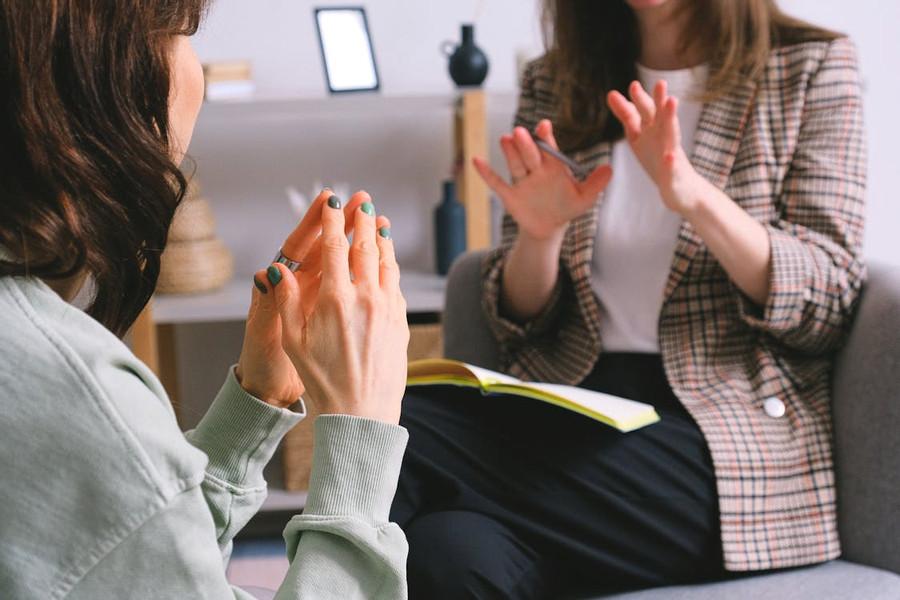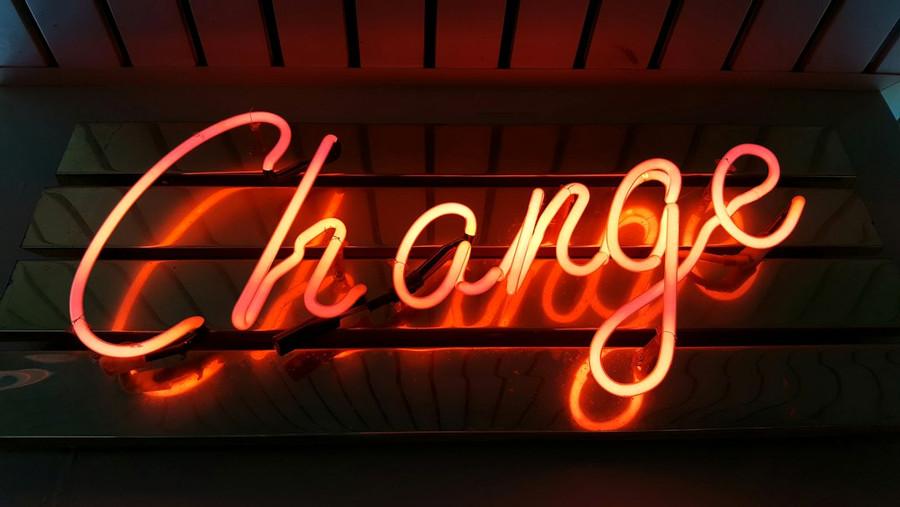Explore the World's Best Ideas
Join today and uncover 100+ curated journeys from 50+ topics. Unlock access to our mobile app with extensive features.
The Value Of Therapy In 2022
- In 2012, therapy carried something of a stigma.
- The open conversations we have today around mental health weren't happening.
- Now, Covid has sharpened everyone's awareness of their own mental health struggles.
- Therapy can be like finding a key for a door that had been locked your whole life.
- Ten million people will need support for their mental health as a direct result of the pandemic, according to the Centre for Mental Health.
- Here are the nine things learned from therapy, that we can benefit from.
12
86 reads
Tears Are Useful
- The release of talking, of being listened to, is an emotional experience.
- Many sessions, particularly in these early days, can be emotionally battering, tearful, and can leave anyone feeling wrung out for days.
13
100 reads
Proper Change Takes Time
- A therapist is part detective, part archaeologist, scratching at the surface, finding something of potential interest and digging a little deeper.
- These quieter, less emotional sessions are where the deep excavation takes place.
- They work as a team, trying to piece things together, make connections.
- In the real world, life starts to get a little easier.
12
80 reads
The Past Holds Clues
We survive (in the broadest sense) our childhoods by figuring out how to fit into our families, our roles, our small world; we learn about relationships from our parents. We then carry these ways of being into our adult lives where, in many cases, they are no longer useful, or relevant.
12
73 reads
Don't Blame Your Parents
Once this truth is established, it leads to more interesting conversations.
Understanding that you not flawed – or, more accurately, that we all are, so get over it – and that you must dictate what shape your life takes gives you the freedom to think about the choices you could make in future.
With this newfound insight that your parents are not responsible for your state, only you are, comes a sense of freedom.
13
72 reads
Self-Acceptance Is Real
This phrase is bandied around so freely in self-help articles and on fridge magnets, it has almost lost its meaning.
Your sense of freedom and responsibility comes from self-acceptance, and responsibility can also mean being positively responsive.
12
67 reads
Asking The Right Questions
The cliche goes that therapists nod their heads wisely and say: “And how did that make you feel?” They do say this sometimes; and in fact, when no one has ever asked you this question before, it’s extremely powerful when they do, repeatedly.
This repetition starts to have an effect: it makes you see that your feelings are valid; they aren’t right or wrong – they just are.
13
57 reads
Don’t Be Afraid of Silence
Silences are often when the juiciest things come out. It takes courage to sit with it.
If you fill your silence to avoid awkwardness, you’re actually avoiding something else - an intimacy, a genuine thought, an ability to feel a little exposed.
13
61 reads
Random Self Check-ins
- What's happening for you right now?
- This is a question we don't often ask ourselves, checking in with the present moment.
- It helps us stay in the now, and gradually moves us into full awareness.
12
67 reads
You Have to Know when To Stop
- Therapy is a powerful means to an end, and it can arm us to have the skills to become a self-therapist.
- The end of therapy does not means that the problems have ended. It means that now you have the skills to handle them yourself.
13
68 reads
IDEAS CURATED BY
CURATOR'S NOTE
Therapy does not solve your problems, it makes you strong and self-sufficient to handle problems.
“
Charlotte Hampton's ideas are part of this journey:
Learn more about mentalhealth with this collection
How to develop a healthy relationship with money
How to create a budget
The impact of emotions on financial decisions
Related collections
Similar ideas
Read & Learn
20x Faster
without
deepstash
with
deepstash
with
deepstash
Personalized microlearning
—
100+ Learning Journeys
—
Access to 200,000+ ideas
—
Access to the mobile app
—
Unlimited idea saving
—
—
Unlimited history
—
—
Unlimited listening to ideas
—
—
Downloading & offline access
—
—
Supercharge your mind with one idea per day
Enter your email and spend 1 minute every day to learn something new.
I agree to receive email updates










